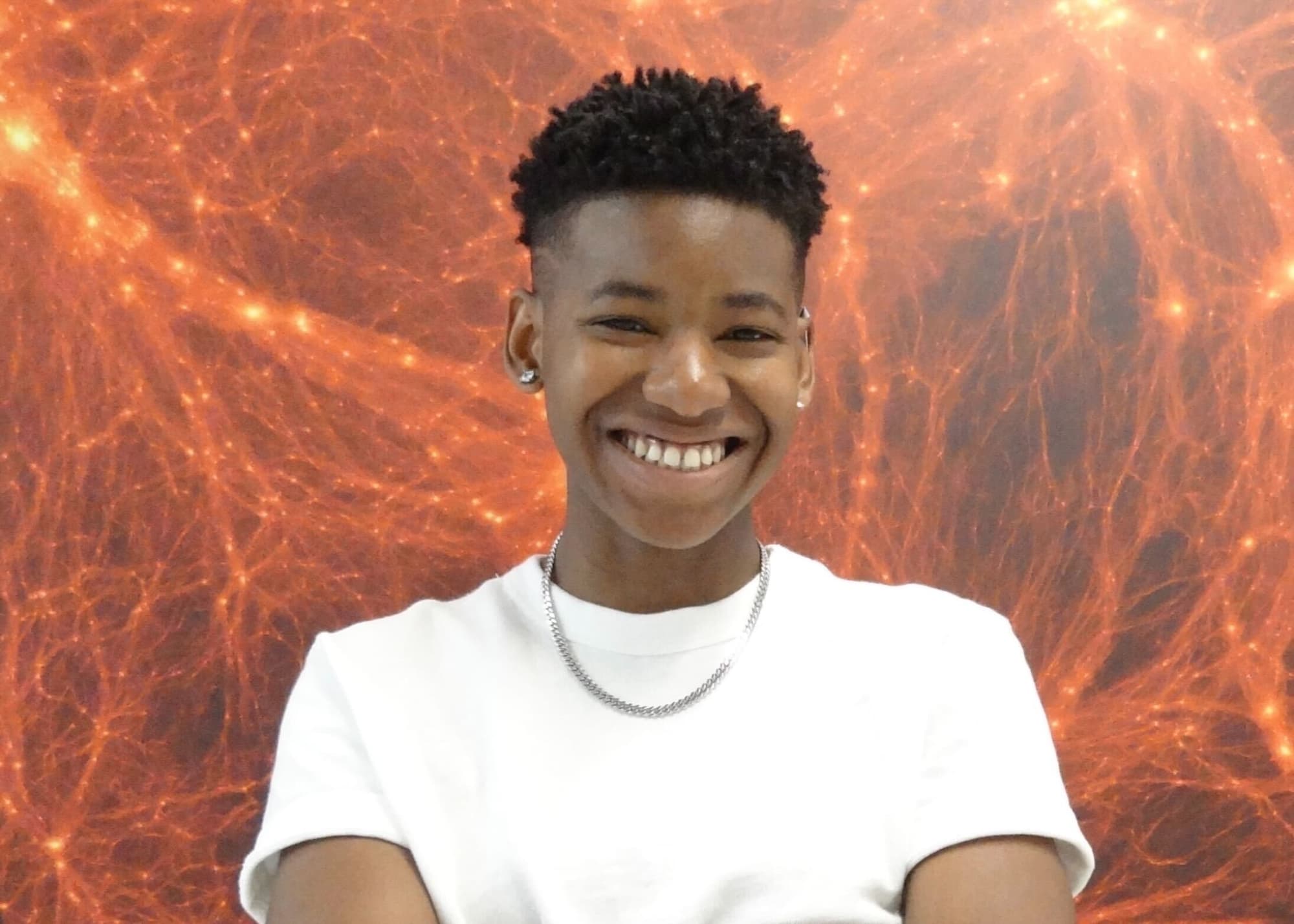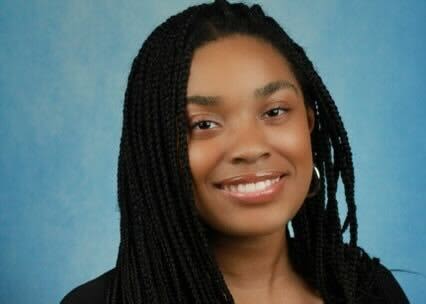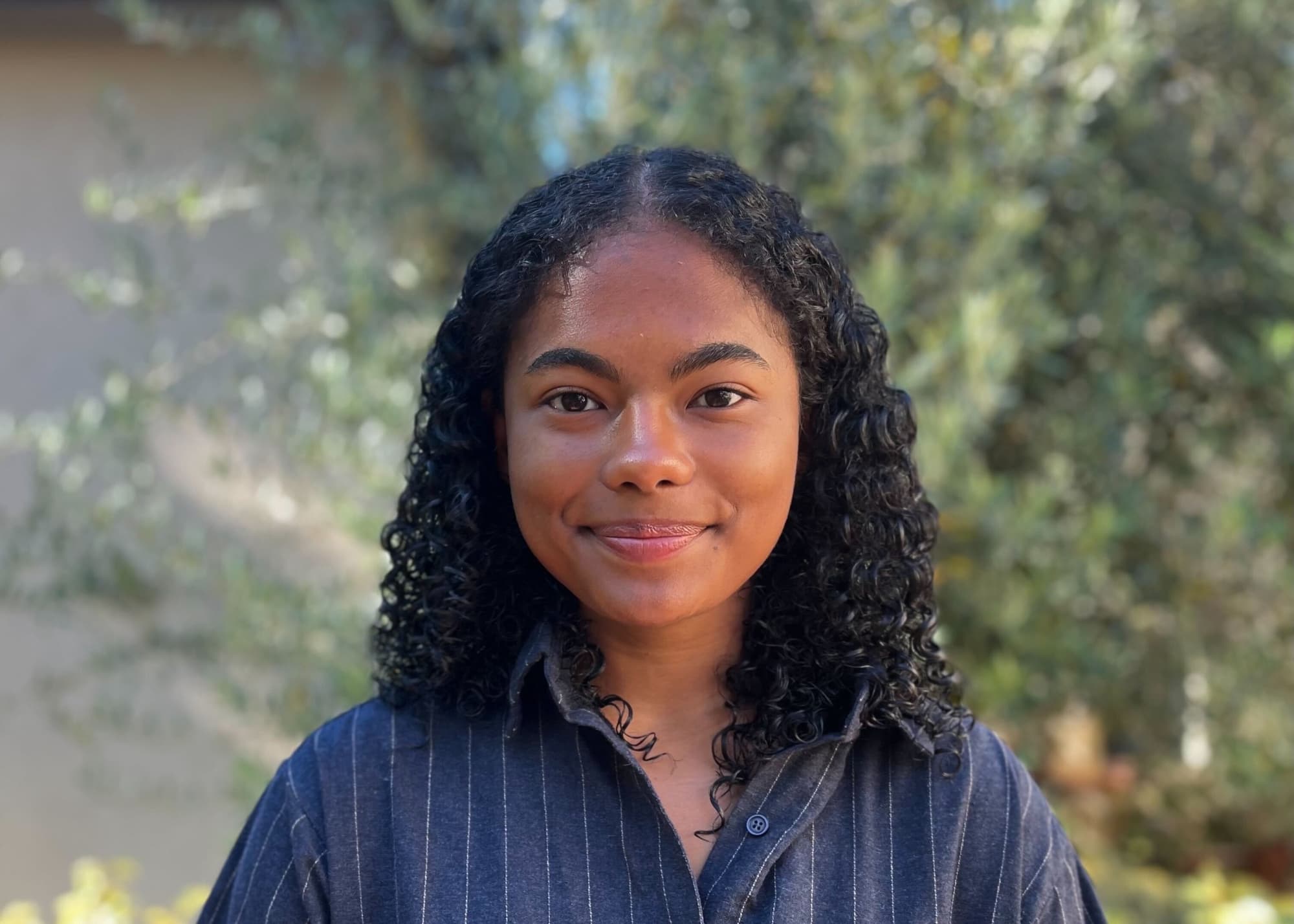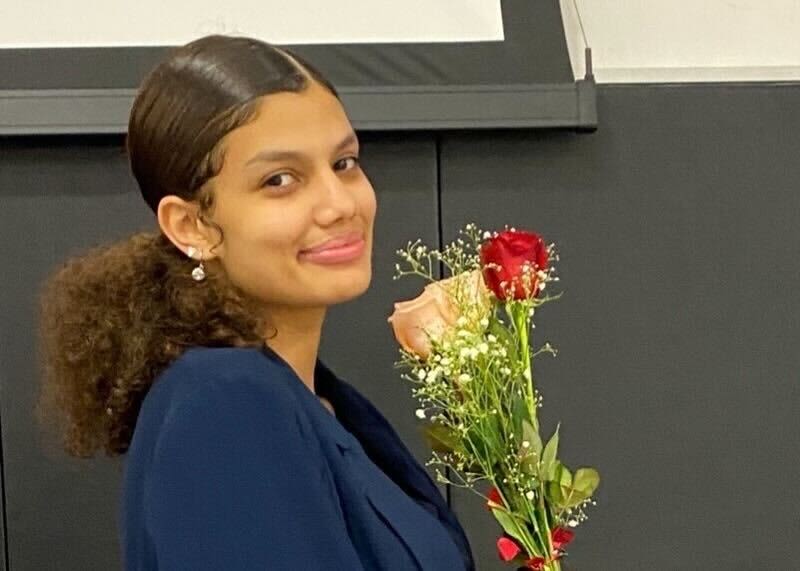Meet BestColleges’ Black Women in STEM Scholarship Winners
Editor & Writer
Editor & Writer
Editor & Writer
Editor & Writer

Black women in science, technology, engineering, and mathematics (STEM) fields face barriers along the way that their peers often don't. And these barriers may be why, when deciding on majors and future careers, many Black women in college decide not to pursue degrees in STEM.
In fact, in the 2019-20 academic year, Black women earned just 3% of STEM degrees and certificates, according to the National Center for Education Statistics.
To break down at least one of those barriers, BestColleges awarded five current Black women in STEM majors $6,000 scholarships to help with college expenses.
BestColleges is proud to be able to step in and provide financial support to Black women at a time when they are underrepresented in STEM,
BestColleges Managing Editor Cobretti Williams said. The future of this work will require passionate and dedicated individuals with different identities and backgrounds to lead the charge, and we are confident this year’s scholarship winners will do just that.
Meet the BestColleges Black Women in STEM scholarship winners.

Kihana Wilson: Making Science Accessible to Everyone
Kihana Wilson is a senior astrophysics major at the University of Chicago. She plans on researching the early universe, the evolution of large-scale structures and galaxies, and dark matter and dark energy.
Wilson was 10 when she first realized she wanted to be an astrophysicist after reading a children's book about the field. Now, she also is earning a minor in creative writing, hoping to combine her talent for science with using the written word to access groups historically underrepresented in STEM fields.
As a Black queer woman in STEM, I deeply believe in the power of representation,
Wilson told BestColleges. I am passionate about using my voice, my own experience, and my talent for writing to make science more accessible and to reach and retain marginalized groups typically excluded from STEM pipelines.
Wilson plans to pursue a Ph.D. program in astrophysics and hopes to one day become a researcher at a university, NASA, or a Department of Energy national lab.

Ashley Petgrave: Showing Black Girls Their Potential
Due to discrimination and outside opinions, Ashley Petgrave realized her gender and race could be obstacles to her goals as early as middle school. Determined to pursue those goals, she's now a computer science major attending Queens College and transferring to Howard University in January 2024.
But navigating obstacles involves more than the work itself.
It involves tone policing ourselves and holding back from speaking up for fear of being invalidated or blamed. From the fear of being pinned as the angry Black women, we become bystanders to our own discrimination,
Petgrave wrote in her application essay.
Petgrave decided to pursue a computer science degree despite discrimination to show younger Black girls that it is possible to walk into what seems like an ‘exclusive’ space and excel.
Petgrave wants to not only show Black girls that they can achieve their goals, but she wants to help them do it. She wants to create a scholarship for Black women in higher education.
I dream for Black girls nationwide to have the resources, opportunities, and, most importantly, encouragement to succeed beyond their wildest dreams,
Petgrave wrote. I plan to use my computer science degree to invest back into my community. I plan to follow in the footsteps of Black STEM pioneers before me and be a symbol of change, perseverance, and leadership.

Athena Muhammad: Reforming the Medical Field's Discriminatory Culture
Athena Muhammad became interested in prescription drug research out of necessity. Her family members' struggles with high blood pressure and diabetes scares showed just how in the dark her family and community were regarding the medicine they were prescribed.
As she educated herself on prescription medicine, she uncovered a culture that discriminates against the Black community. Now, as a bioengineering student at Stanford University, she's working toward her goal of making medicine more accessible and affordable to historically excluded communities.
I want to contribute to global medical innovation without leaving real people behind, locking away knowledge behind the impenetrable iron doors of academic language and price tags,
Muhammad wrote in her application essay. Our most groundbreaking discoveries mean nothing if the product is inaccessible to the people who need help the most.
Muhammad plans to become a medical practitioner and bioengineer working in structure-based drug design. She wants to travel the world, sharing medical information to help people in need.

Rim Bozo: Enhancing Healthcare in Remote Areas
Rim Bozo experienced her own health event in the rural areas of Morocco, which opened her eyes to a healthcare system ill-equipped to help people in need. This propelled her to learn more about healthcare inequities across the world. One major inequity she learned about is the cost of healthcare.
My aspiration is to become a doctor without borders, advocating for enhanced healthcare outreach in the most remote corners of the world,
Bozo wrote in her application essay.
I aim to collaborate with government-funded healthcare initiatives to redefine healthcare as a fundamental human right, not a profitable venture. I envision a future where healthcare is universally accessible, irrespective of one's financial capacity, ensuring that no child or individual faces the harrowing dilemma of funds determining their access to necessary care.
Bozo is now a behavior and neurobiology major at Dartmouth College. She plans on going to graduate or medical school and researching neurodegenerative diseases.

Oleisia Johnson: Designing Inclusive Healthcare Solutions
Oleisia Johnson is a computer science major at Spelman College. Using her computer science degree, Johnson wants to become a UX/UI designer focused on interfaces to help patients from historically excluded groups get the medical care they need.
I aim to use my unique perspective as a Black woman to shape healthcare platforms that are inclusive and accessible to all, including individuals with disabilities, those with limited digital literacy, and those facing language barriers,
Johnson told BestColleges.
I firmly believe that diversity and inclusion are essential components in the development of healthcare solutions, and I am eager to contribute my growing expertise to create digital tools that address the needs of underrepresented minorities.
Johnson is also aware that representation in STEM matters for Black women in the field.
By actively participating in initiatives and organizations that promote diversity and inclusion in STEM, I aim to create pathways for underrepresented individuals, like myself, to thrive in the world of computer science and contribute to solving healthcare inequities,
Johnson wrote in her application essay.
















